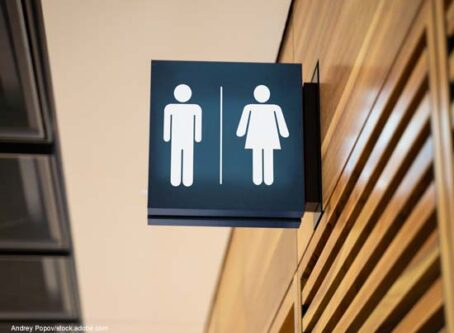End near for daylight saving time?
As much of the nation readies for the end of daylight saving time on Sunday, Nov. 7, the annual practice of time changes could soon be abandoned.
During the past year legislators at statehouses around the country have continued to debate the need to observe the twice-annual time changes. Federal efforts in the U.S. House and Senate also call for ending the practice of changing clocks in the spring and fall.
Elected officials from both sides of the aisle express support for abandoning time changes. Among the reasons given by government officials for taking action on the issue is traffic safety.
Point/counterpoint for time change
Federal law does not require states to observe daylight saving time, but if they choose to follow the time change they must adhere to the dates set.
The U.S. Department of Transportation states that daylight saving time is observed because it saves energy, saves lives and prevents traffic injuries, and reduces crime.
Critics counter the time changes may have been useful for some during a bygone era but it provides little if any real benefit.
Among the factors cited for doing away with time changes is vehicle crashes.
Work on issue ramps up at statehouses
Over the past four years officials in more than half of all statehouses have at least discussed legislation to end the observance of time changes. Including this year, 19 states have acted on the issue.
In 2021, more than 80 measures in at least 33 states were offered on the topic.
Federal law permits a state to exempt itself from observing daylight saving time. Arizona and Hawaii are the lone states to take advantage of the exemption. The feds, however, do not allow states to stay on daylight time throughout the year. Instead, Congress must sign-off on granting states the privilege.
Florida lawmakers acted in 2018 to adopt year-round daylight saving time. Alabama, Delaware, Georgia, Idaho, Louisiana, Maine, Minnesota, Montana, Ohio, South Carolina, Tennessee, Washington state and Wyoming have since followed suit.
Despite their interest in making the change, the states must wait for Congress to take action.
In 2015, the Nevada Senate adopted a resolution to encourage the feds to take action on the issue. Over the past three years, legislatures in Arkansas, Montana, Ohio, Oregon and Utah have done the same.
2021 daylight saving time changes
Legislative efforts from Alaska to New Hampshire this year were divided between states with legislation to keep daylight saving time year-round and others to abandon observance of the spring time change.
During the calendar year, Alabama, Georgia, Maine, Minnesota, Mississippi and Montana have enacted legislation.
Most states that continue to address the issue are pursuing legislation to adopt daylight saving time year-round. Multiple measures on the topic remain active. States with legislation to stay on daylight time year-round: Alaska, Arkansas, Illinois, Iowa, Kansas, Michigan, Nebraska, New Jersey, New York, North Carolina, Oklahoma, Pennsylvania and South Carolina.
There are ongoing efforts in five states to stay on standard time throughout the year. The states are Illinois, Massachusetts, New York, Pennsylvania and Vermont.
In sync
Concern about being out of sync in time recognition with nearby states is covered in multiple pieces of legislation around the country.
An Iowa Senate bill would establish daylight saving time as the official time in the state throughout the year as long as each of the six bordering states take the same action.
One Michigan bill would set daylight saving time as the official time once five nearby states do the same.
Similarly in Nebraska and New York, bills would keep each state on daylight time if three adjacent states adopt the rule.
Vermont legislation would keep the state on standard time once Connecticut, Maine, Massachusetts, New Hampshire and Rhode Island make the same change.
Bipartisan effort calls for federal action
In Congress, recent efforts to abolish time change includes legislation from U.S. Sen. Marco Rubio, R-Fla., and a group of Republicans and Democrats. The Sunshine Protection Act of 2021 would recognize daylight saving time all year for the entire country.
“The call to end the antiquated practice of clock changing is gaining momentum throughout the nation,” Rubio said in a written statement announcing the legislation.
Among the factors cited in their pursuit of the change is the benefit it would have for the economy. LL
For more state news from Land Line Media, click here.









